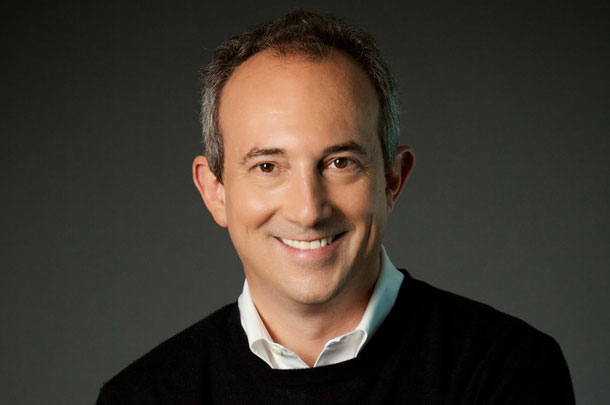Two USC research leaders recently received funding to participate in a global effort to find new ways to prevent the onset of Type 1 diabetes (T1D).
David Agus, MD, professor of medicine, and Dan Ruderman, PhD, assistant professor of research medicine, were awarded $169,806 by the Leona M. and Harry B. Helmsley Charitable Trust. The project, dubbed the T1D Prevention Initiative, involves ongoing and new research at five institutions in four countries, including the Keck School of Medicine of USC.
The project’s initial total investment of over $8.7 million will help these institutions initiate and continue observation of hundreds of thousands of newborns and children across the U.S., Europe and Australia, as well as funding analysis of the data to chart the history and progression of Type 1 diabetes. Clinical trials seeking to halt the development of T1D are also expected.
In Type 1 diabetes, the body does not produce insulin. It is usually diagnosed in children and young adults, according to the American Diabetes Association.
Agus and his team are reviewing the availability and quality of existing clinical data from T1D clinical trials and from trials of other autoimmune diseases. Their research will determine whether sufficient data exists to design an interventional prevention trial and to use data analytic techniques to better understand T1D and other childhood diseases.
“My team and I are excited to dive into the clinical trial data and try to learn about the onset of diabetes,” said Agus, who is also a professor in the USC Viterbi School of Engineering. “Through the remarkable patients who donated their data, we will hopefully develop a new understanding to better prevent and treat T1D. This is the beginning of a long and fruitful collaboration with the Helmsley Trust to understand T1D and design clinical trials to make a difference in T1D and other diseases.”
This round of grants is part of an ongoing effort by the Helmsley Charitable Trust to support promising research in the field of T1D understanding and prevention. The trust is the largest private foundation funding research on T1D in an effort to improve care for people with the disease. Since launching its T1D program in 2008, the foundation has made more than 350 grants totaling almost $300 million.
“The science, technology and patient access for studying T1D are now sufficiently advanced that we have an opportunity to begin cracking open the ‘black box’ of how humans develop this disease,” said Gina Agiostratidou, an officer with the Helmsley Charitable Trust. “We are optimistic that a robust investment in primary prevention could yield dramatic steps toward understanding and, ultimately, stopping the disease.”
— Hope Hamashige


